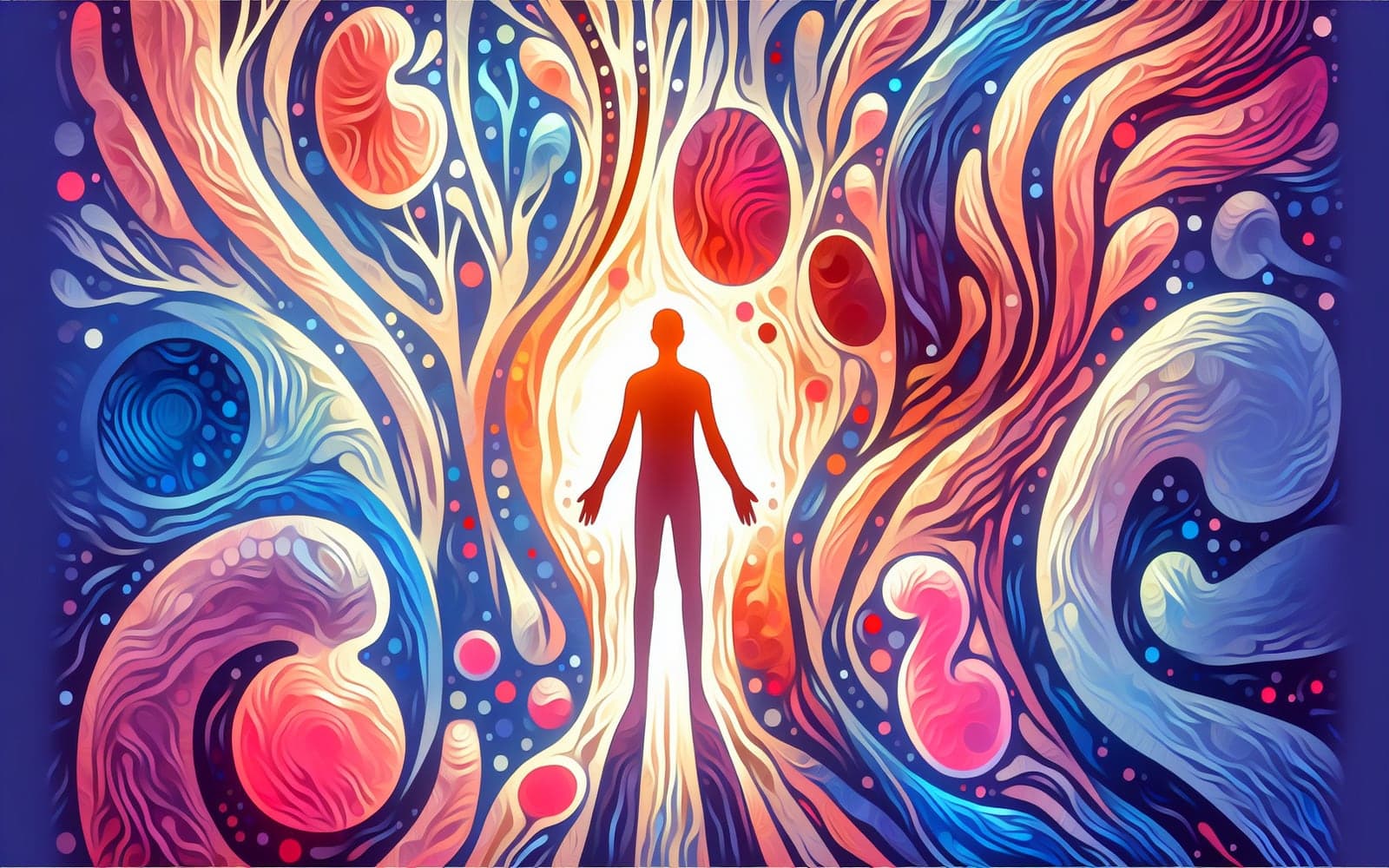Are You at Risk? Surprising Factors That Can Lead to Kidney Stones
Published: Jan 27, 2024
Kidney stones don't just happen by chance. Various factors can increase your risk, and some might surprise you. Let's explore what puts you at higher risk for these painful formations.
Contents
The Usual Suspects
Certain factors are well-known to increase kidney stone risk. These include not drinking enough water, having a family history of stones, and being overweight. Think of your body as a car - just as a car needs regular maintenance and the right fuel, your body needs proper hydration and a balanced diet to function optimally.
Medical Conditions That Raise the Stakes
Several medical conditions can increase your risk of kidney stones. These include high blood pressure, diabetes, gout, and certain bowel diseases. It's like having a predisposition for a certain trait - these conditions create an environment in your body that's more conducive to stone formation.

Surprising Risk Factors
Some risk factors might catch you off guard. For instance, living in a hot climate or having a job that involves excessive sweating can increase your risk due to dehydration. Certain medications, like some used for seizures or migraines, can also raise your risk. Even your genetics play a role - some people are simply more prone to forming stones due to their DNA.
Frequently Asked Questions
Indirectly, yes. Stress can lead to dehydration and poor diet.
Surprisingly, moderate intake may slightly decrease risk.
Yes, men have a higher risk than women.
Yes, due to hormonal changes and increased calcium absorption.
Key Takeaways
Understanding your risk factors is the first step in preventing kidney stones.
Concerned about your kidney stone risk? Discuss your personal risk factors with Doctronic today.Related Articles
References
Curhan GC, Willett WC, Rimm EB, Stampfer MJ. Family history and risk of kidney stones. J Am Soc Nephrol 1997; 8:1568.
Taylor EN, Stampfer MJ, Curhan GC. Obesity, weight gain, and the risk of kidney stones. JAMA 2005; 293:455.
Always discuss health information with your healthcare provider.

